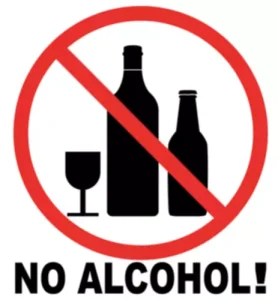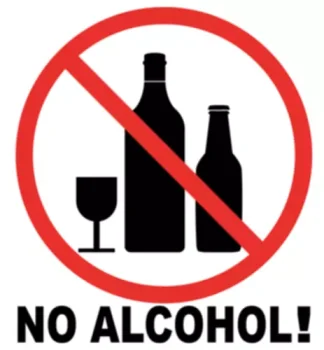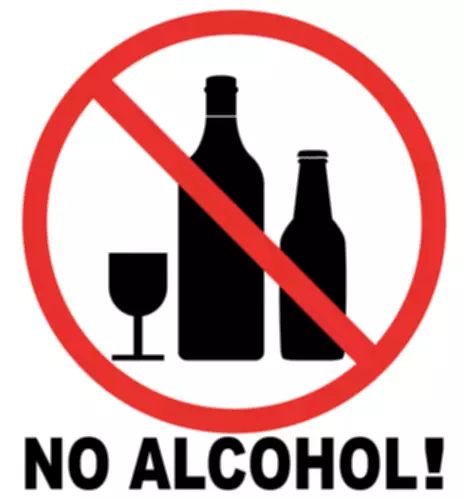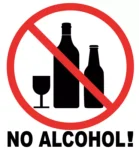
For instance, certain professions, such as nursing, can display characteristics of being oppressed, including low self-esteem and feelings of powerlessness. Healthcare professionals, particularly nurses, can also experience powerlessness. Characteristics of oppression, including low self-esteem and feelings of powerlessness, are seen in this group, potentially leading to internal conflicts. Discover when it’s time to seek mental health treatment and alcoholism treatment how to navigate the journey confidently. This approach fosters self-awareness and encourages individuals to realize the damaging effects of substance abuse.

How to Stay Sober While Traveling
This can lead to unhealthy patterns, such as dependency or manipulation. Over time, these struggles can result in examples of powerlessness over alcohol feelings of isolation and a loss of self-esteem. Individuals may lack access to necessary resources and opportunities, which significantly hinders their ability to improve their circumstances.

How to Stop Drug Addiction: A Step-by-Step Guide

This emotional turmoil can lead to behaviors that further perpetuate the cycle of powerlessness. What is the more accurate way of looking at your process in recovery, in light of powerlessness? Choose statements from the list below to combat the mistaken or faulty beliefs you’ve identified from the overt or subtle ways of denying your own powerlessness above.
- This state of powerlessness can open the door to seeking help and support from others, serving as a humbling experience and a turning point for individuals struggling with addiction 1.
- Experiencing powerlessness can lead to negative consequences in many aspects of life.
- The more you know about your treatment, the more control you will feel over your life.
- Explore the types of mental disorders, from anxiety to mood disorders, and understand their impact on lives.
Influence on Inequities
- Power imbalances within society can create inequities and disparities among individuals and groups, especially within organizational contexts where decision-making power is concentrated.
- Recognizing and addressing these patterns can lead towards a path of recovery and regaining control.
- This disempowerment can prompt feelings of hopelessness and contribute to overall societal unrest 2.
- In order to fully understand addiction, it’s crucial to delve into the concept of powerlessness, a state often experienced by those struggling with substance abuse.
Support groups, therapy, and educational resources can play a significant role in empowering individuals. They help build resilience and encourage active participation in one’s recovery process. Through these avenues, those in recovery can develop coping strategies, foster connections with others, and regain control over their lives. Admitting powerlessness is a fundamental step in recovery programs such as Alcoholics Anonymous (AA). This acknowledgment serves as a form of strength, https://ecosoberhouse.com/success-story/justins-success-story/ enabling individuals to confront their addiction rather than deny its existence.
- It is important to recognize the psychological impact of powerlessness in addiction and to address these issues alongside the physical aspects of recovery.
- The journey of overcoming powerlessness in the realm of addiction is an essential part of the recovery process.
- Research has shown that certain genetic variations can increase susceptibility to addiction, making some people more vulnerable to its grasp.
- AA members believe they cannot control their drinking without the help of a higher power.
How to Foster Healthy Lifestyle Choices in Sobriety
Two strategies worth exploring are hypnosis and combating learned helplessness. Addressing feelings of powerlessness, especially in the context of addiction, is critical for emotional well-being and overall recovery. There are various coping strategies and sources of support that individuals can turn to in their journey. Individuals experiencing powerlessness often face challenges that affect their mental well-being. Such feelings can stem from various situations, including trauma and difficulties in relationships. For instance, individuals may struggle with their ability to assert opinions or make decisions, which can lead to increased anxiety, stress, and depression.
- Many people turn to substances or addictive behaviors as a way to cope with emotional pain or numb uncomfortable feelings.
- This sense of powerlessness, especially when persistent, can lead to feelings of despair and hopelessness, often driving individuals towards unhealthy coping mechanisms like substance abuse.
- While powerlessness connotes a sense of being defeated by addiction, it can ironically become the catalyst for empowerment in recovery.
- It’s like trying to stop a runaway train with your bare hands – no matter how hard you try, you can’t seem to slow down or stop.
- Leaders of organizations have a responsibility to model an ethic of equity and democratic decision-making that honors individual agency and positive workplace dynamics.
The Importance of Forgiveness in the Recovery Process

The good news is that there are many strategies and resources available to help you reclaim your life from addiction. Psychologically, accepting powerlessness can be incredibly liberating. It shifts the focus from shame and self-blame to a more constructive mindset of seeking solutions.

